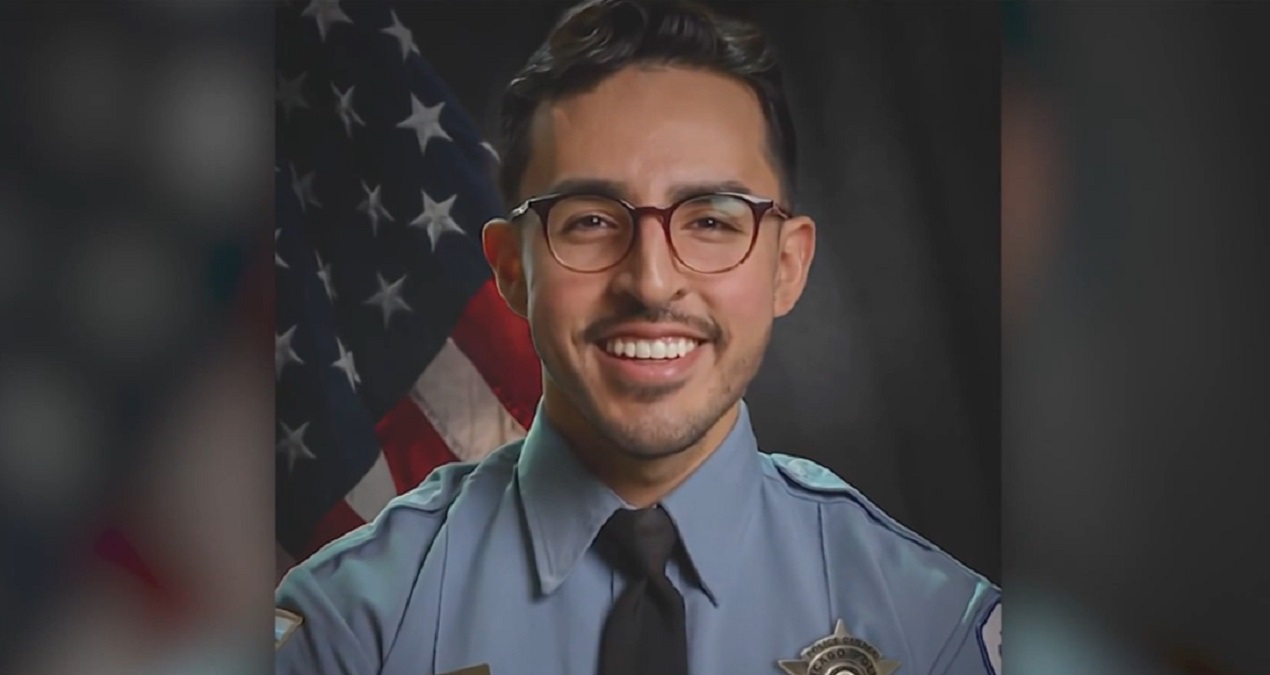Much like folks in the Northeast refer to themselves as Yankees, those from Indiana have long referred to themselves as Hoosiers, even though its origin has been lost to history.
The federal Government Publishing Office finally caught up Thursday, officially changing the designation from "Indianian" to "Hoosier" in all federal documents. But the murkiness remains.
Indiana's U.S. senators pushed for the change, saying in a letter to the office's style board chairman last year that those living in the state "have always called ourselves Hoosiers." The senators argued that while Indianian might follow the style for describing state residents — such as Floridian or Californian — "Indiana residents do not use this word. In fact, we find it a little jarring to be referred to in this way."
Historians have long tried to trace the origin of applying the term to the people of Indiana and haven't solved the mystery. References have been traced back to the 1820s, with an 1830s poem "The Hoosier's Nest" by John Finley of Richmond helping spread its use, according to the Indiana Historical Society. The spelling was even in question then as the poet wrote the word as "Hoosher."
Indiana University's teams have been known as Hoosiers for all five of its NCAA men's basketball championships — and the 1980s film "Hoosiers" celebrating a small town basketball team is widely embraced.
Many theories have been floated over the years for how the moniker came into use. Historian Jacob Piatt Dunn wrote in the early 1900s that the word "hoosier" was dialect in parts of the South for rough hill people, so it could have followed settlers who crossed from Kentucky into the hills of southern Indiana.
The Indiana Historical Society says some often-told stories about the term's origins are false. Those include the tale that it was used to describe Indiana employees of a canal contractor named Hoosier and that "Who's yer" was how early settlers responded to a knock on their cabin door. A tale spun by popular 19th century Indiana poet James Whitcomb Riley attributed the name to people asking "Whose ear?" after finding the body part on the ground after vicious fights among early settlers.
Local
Retired Indiana University history professor James Madison, who's written several books about the state, said the use of "Hoosiers" stretches back through nearly all 200 years of Indiana as a state and gives it a unique brand around the country.
"Some people just can't believe that we don't know where it comes from," Madison said. "Well, I like that."
The government style book keeps variations on the state names for all other U.S. residents. No "Tar Heels" for North Carolina or "Sooners" for Oklahoma. "Hawaii residents" is the only other break from standard form.



